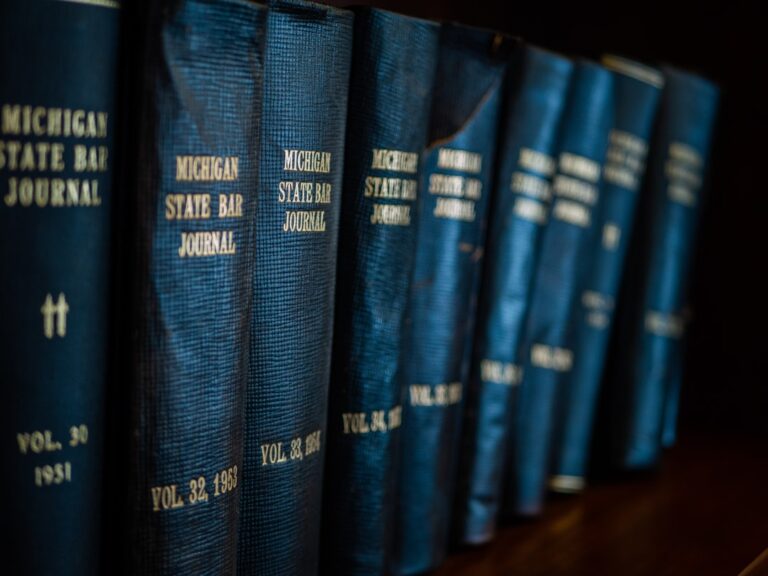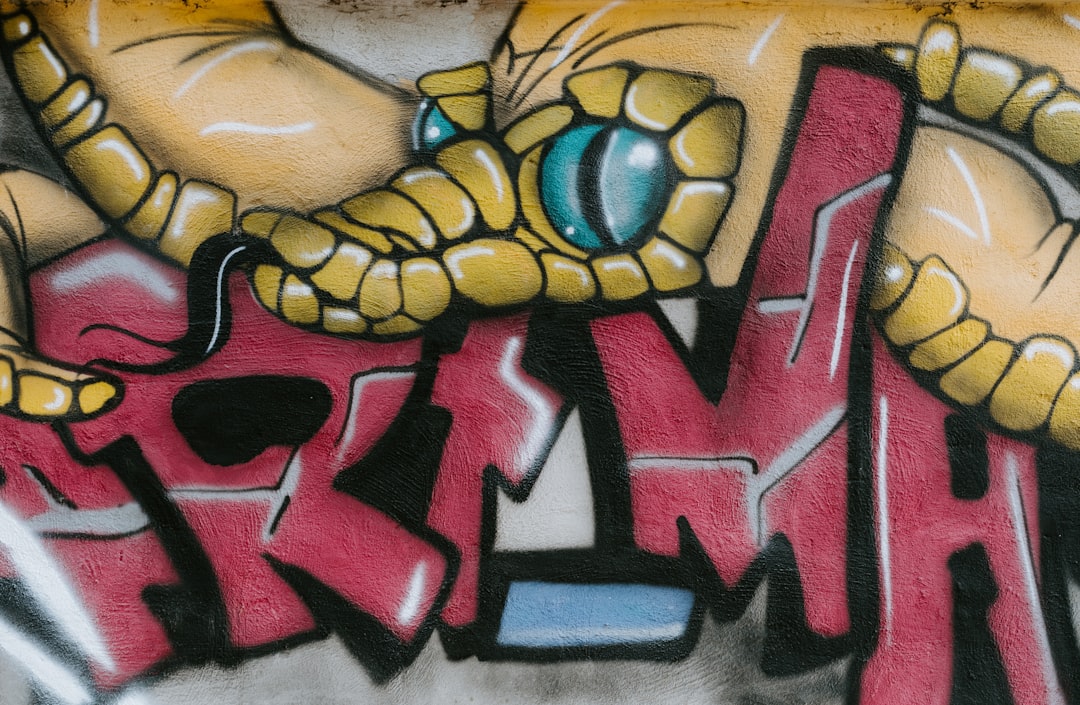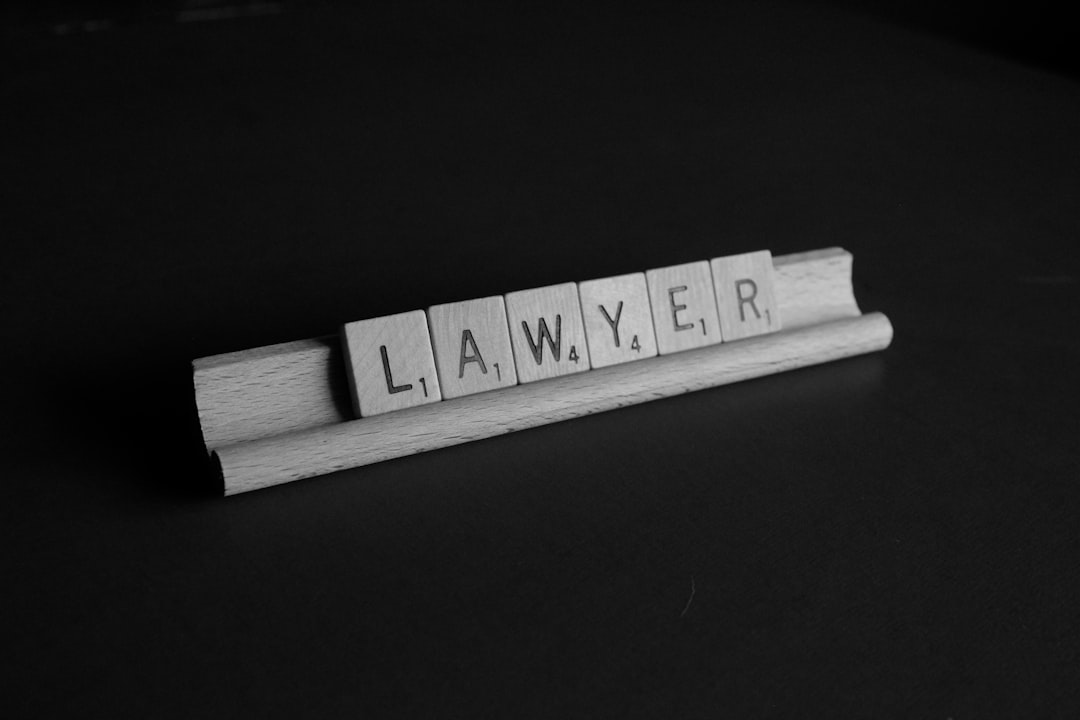Victims of child abuse in Chicago, Illinois, have a limited timeframe to file civil claims due to the Statute of Limitations, typically two years after turning 18 or discovering abuse. A reputable child abuse law firm Chicago IL is essential for navigating these laws, ensuring timely filing, and protecting victims' rights, especially in cases of hidden or continuous abuse that extend the limit until age 23.
In Chicago, understanding the statute of limitations for filing child abuse claims is crucial for justice and healing. The current laws set specific time limits within which victims can pursue legal action. This article guides you through the complexities of these time limits, offering insights on when to file in Chicago courts. Moreover, it emphasizes the importance of seeking legal assistance from a specialized child abuse law firm Chicago IL for robust representation and support throughout the process.
Understanding Statute of Limitations for Child Abuse Claims

The Statute of Limitations for filing child abuse claims in Chicago is a crucial aspect that potential victims or their legal representatives, such as a child abuse law firm in Chicago IL, must understand. This legal time frame refers to the period during which a lawsuit can be filed after the occurrence of an alleged abusive act. In Illinois, including Chicago, the Statute of Limitations for filing civil actions related to child abuse is generally two years from the date the victim turns 18 or discovers the abuse, whichever comes later.
This means that if a person experiences child abuse and doesn’t realize it until after their 18th birthday, they still have up to two years from that point to file a legal claim. It’s important for victims of child abuse, or their advocates, to be aware of this time limit to ensure they can pursue justice within the legal framework. A Chicago child abuse law firm can provide guidance on navigating these laws and help protect the rights of those who have suffered child abuse.
Time Limits: When to File in Chicago Courts

In Chicago, the Statute of Limitations for filing a child abuse claim is stringent, requiring that legal action be taken within a specific timeframe after the incident occurred. This time limit varies based on the type of abuse and the age at which it was experienced. For instance, claims related to sexual or physical abuse must be filed by the victim (or their legal representative) within two years from the date they reached 18 years old. However, there are exceptions that can extend this period, such as cases involving hidden or continuous abuse, where the statute may be tolled until the victim turns 23.
If you suspect child abuse or have experienced it in the past and are considering legal action, consulting with a reputable child abuse law firm Chicago IL is advisable. Legal professionals specializing in this area can help navigate the complex legal landscape and ensure that any claims are filed within the prescribed time limits. They can also advise on the best course of action given the unique circumstances of each case.
Legal Assistance from a Child Abuse Law Firm Chicago IL

Navigating the legal system after experiencing or suspecting child abuse can be overwhelming. This is where a dedicated child abuse law firm Chicago IL steps in as a guiding beacon. These experts are equipped with both the knowledge and empathy needed to support victims and their families through this challenging process. They provide crucial legal assistance, ensuring that rights are protected and claims are filed within the appropriate time frame, as governed by Illinois’ statute of limitations.
A child abuse law firm Chicago IL can offer specialized advice, helping individuals understand their options and obligations under the law. They possess in-depth knowledge of state laws regarding child abuse cases, enabling them to build strong legal arguments on behalf of clients. Their support doesn’t stop at filing claims; they also assist with navigating court proceedings, providing representation in hearings, and advocating for just outcomes for victims.





